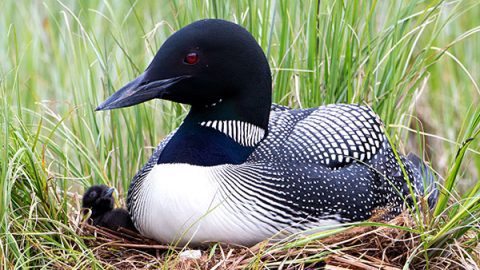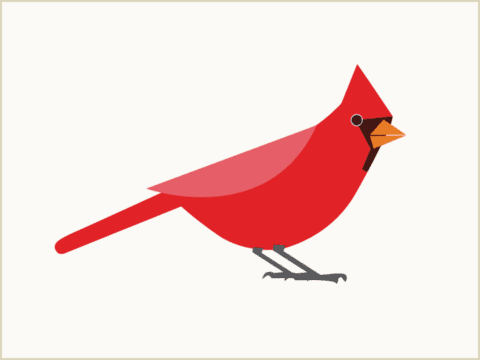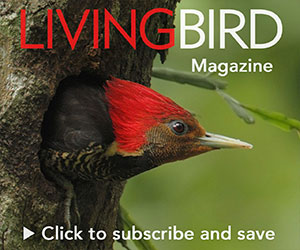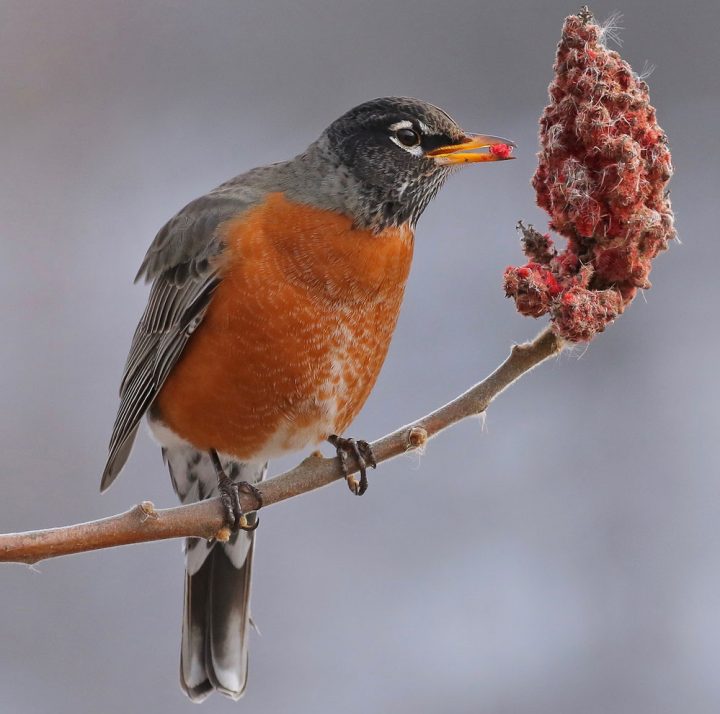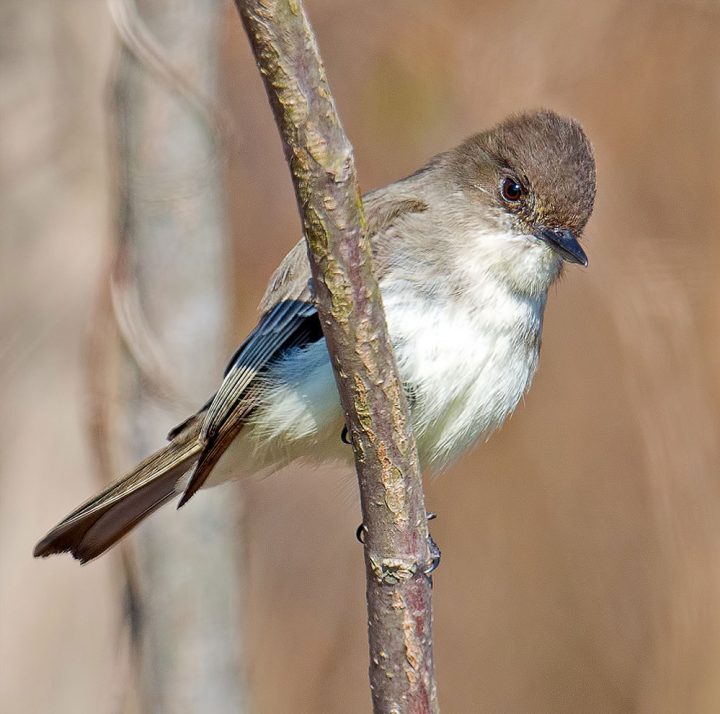Climate Change Could Reduce Critical Food Supplies for Migratory Birds
By V.M. Campbell
June 13, 2018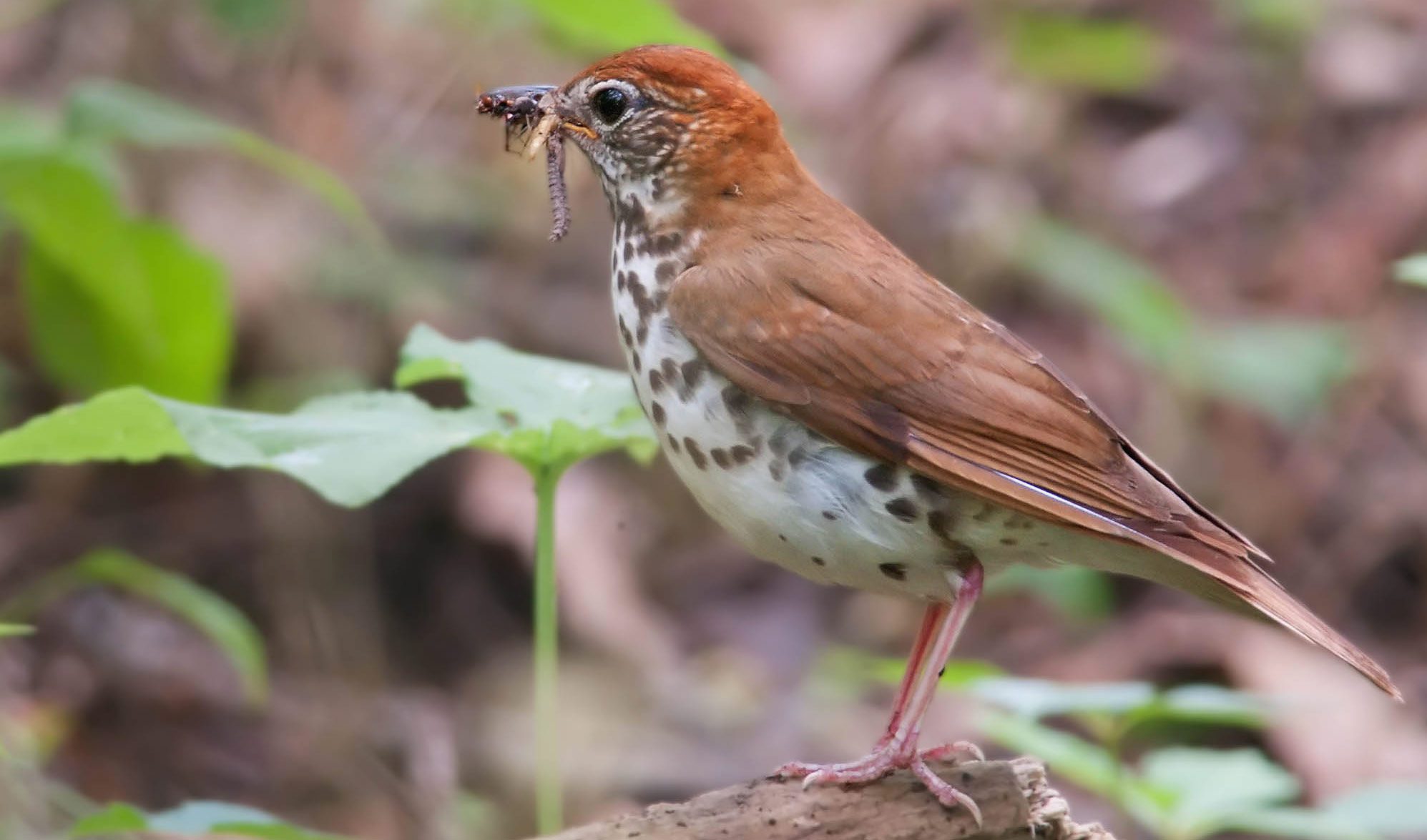
From the Summer 2018 issue of Living Bird magazine. Subscribe now.
New research indicates that climate change may disrupt a critical fueling-up stage for migratory birds, just as they’re preparing to journey thousands of miles south in the autumn.
A computer modeling study led by Cornell Lab of Ornithology research ecologist Frank La Sorte revealed that in the future, the climate could be significantly different from historical norms during late summer in North America. This change could affect insect and plant communities that are important food resources for birds when they’re bulking up and layering on fat reserves to fuel fall migration.
For the study, La Sorte and his team compared eBird abundance models for 77 migratory bird species with computer models of predicted climate change for every week in the year in the Western Hemisphere. They found that a changing and unpredictable climate creates novel environments—new and different situations that birds haven’t evolved to cope with, such as subtle changes in the food supply in late summer.
Some species are more at-risk than others. Eastern migratory birds that fly great distances, require large fuel reserves, and sync their migration with weather systems will be hit the hardest by these changes. Also at risk are juvenile birds undertaking their very first migration, a hazardous journey that can be extremely energetically taxing. And for bird species already facing declines, such as Wood Thrush and Golden-winged Warbler that migrate all the way to Central and South America, a change in resource predictability may exacerbate their downward spiral. Audubon Pennsylvania scientist Ron Rohrbaugh is the chair of the International Wood Thrush Conservation Alliance. He says that if climate change decreases the availability of ripe fruit when these birds are fattening up, “Wood Thrush could be undernourished and suffer greater mortality during migration.”
Rohrbaugh also says that La Sorte’s predictions threaten to throw the timing of migration stopovers out of sync with the availability of food. Many long-distance migratory birds hopscotch their way south, stopping at specific points along their journeys to refuel. “Birds like the already imperiled Golden-winged Warbler will be ill-prepared to continue their journey and could suffer carryover effects that reduce wintertime survival,” Rohrbaugh says. In other words, a poor pit stop during the migration race could mean warblers go into winter in poor body condition—and don’t survive to see spring.

American Robins are generalists, which means they may have more options available to them when faced with novel environments. Photo by Slow Turning via Birdshare. 
Eastern Phoebes are insect specialists. Changes in the environment that affect their food supply could cause the species to decline. Photo by Brian Kushner via Birdshare.
Certain species will be better at handling these novel environments. Generalists will tend to do better than insectivores. For example, American Robins and Eastern Phoebes are both common, but if insect population dynamics change, phoebes’ reliance on insect prey may cause their numbers to start declining, while robins may have more options left open to them. Birds like Blackpoll Warblers that migrate with fewer stopovers may also do better, as they don’t rely on as many migration stopover sites as other species. Songbirds that have more than one clutch a year might also do better, as early offspring could have a longer period of insect food available than those that hatch later in the summer.
Despite the dire predictions, La Sorte’s findings also suggest ways to combat declines in bird habitat conditions. Rorhbaugh points to the study as a reminder of the importance of keeping habitats in a healthy state, which gives them resiliency in the face of climate change.
Reference
La Sorte, F. A. et al. 2018. Seasonal associations with novel climates for North American migratory bird populations. Ecology Letters 21:845–856.

All About Birds
is a free resource
Available for everyone,
funded by donors like you
American Kestrel by Blair Dudeck / Macaulay Library
